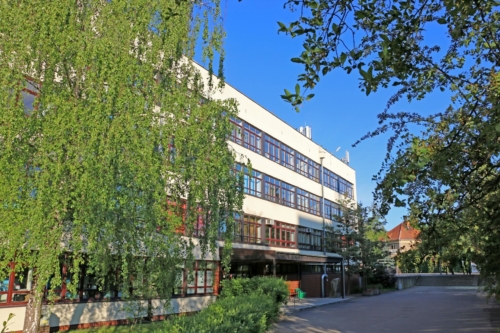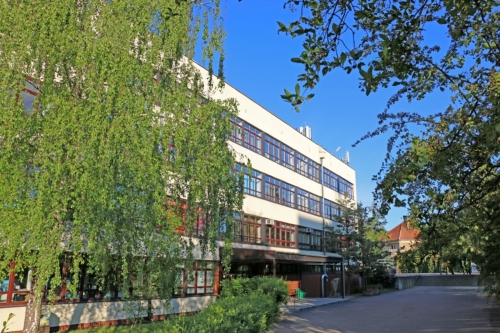The impact of exclusive breastfeeding on breastfeeding duration
Joanna Mikołajczyk-Stecyna
Abstract
Background: While breastfeeding is globally recommended, its duration still represents a public health issue.
Aim: To examine the association between the period of exclusive breastfeeding (EBF) and the duration of overall human milk nutrition, and to identify determinants associated with the duration of EBF and overall human milk nutrition length.
Study design: The presented study is a cross-sectional study. A total of 209 healthy Polish women of Caucasian origin, aged 19–42 years, who were the mother of a child aged 3–12 months, were enrolled in the study. Data were collected from 2018 to 2020 using an anonymous questionnaire. Statistical analyses included one way ANOVA and liner regression.
Results: After birth almost all newborns were exclusively breastfed (96.7 %), but the supply of mother’s milk declined as the children’s ages increased. The duration of breastfeeding is strongly associated with EBF, espe- cially until the child is six months old (p < 0.001). Mother’s breastfeeding self-efficiency and her will for breastfeeding, comfortable latch, younger infant age, avoiding of a pacifier and excluding additional food may explain 36 % of variation of EBF duration (p < 0.001) and could be useful information for exclusive breastfeeding support.
Conclusions: The practice of exclusive breastfeeding strongly affects overall breastfeeding duration. The pro- motion of exclusive breastfeeding, rather than of overall breast milk supply, is crucial.
Key words: Exclusive breastfeeding, Breastfeeding duration, Sociodemographic factors, Obstetric factors
Applied Nursing Research, doi.org/10.1016/j.apnr.2024.151824












